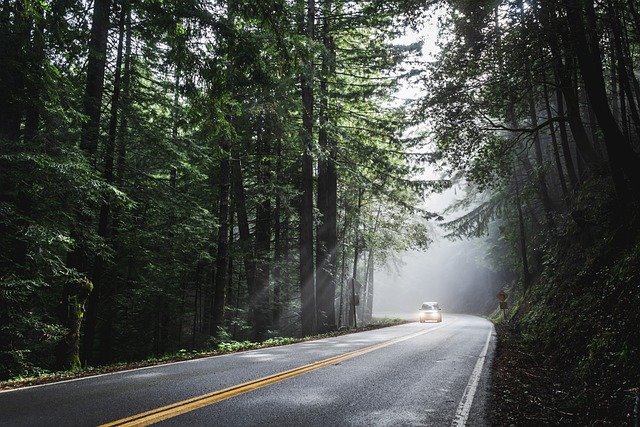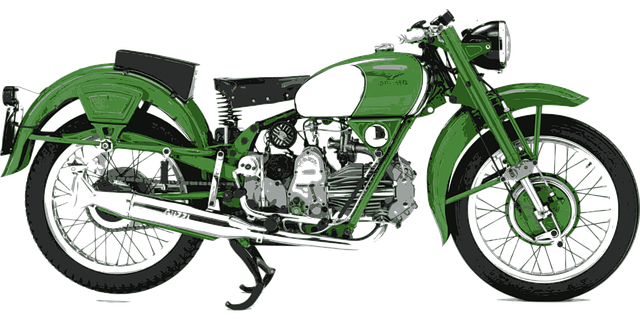Find information about applying for the zero emission vehicle grant program including eligibility, details of the program, funding information and prior completed projects within this grant.
Zero emission vehicle (ZEV) infrastructure grant program information
Eligibility for ZEV infrastructure grants
Non-profit organizations, state and local government agencies such as cities, towns, counties, transit agencies and tribes are eligible to apply. Potential grant recipients are strongly encouraged to partner with private sector companies to develop and implement projects.
What ZEV infrastructure grants are
The grant funds are to support turn-key projects that finance, build, operate, and maintain electric vehicle fast charging and hydrogen fuel cell refueling stations at key intervals along highway corridors in Washington state. The grant-funded projects must meet the state’s requirements and support interurban, interstate, and interregional travel for clean alternative fuel vehicles. Funding may be used for siting, equipment purchases, electrical upgrades, installation, operations, and maintenance. Funded projects may include:
- Installation of a series of new electric vehicle fast charging stations at new locations in 50-mile increments along a highway corridor or at new locations that fill gaps in charging infrastructure along a highway corridor.
- Upgrades and improvements at existing charging sites that expand access for zero emission vehicles. Upgrades may include replacing legacy charging equipment that doesn’t meet current standards, adding charging equipment in high-use locations, and adding higher power chargers.
- Installation of renewable hydrogen refueling sites to refuel hydrogen fuel cell electric vehicles.
Priority corridors for investment
Priority corridors for electric vehicle charging infrastructure include Interstate 5, Interstate 82, Interstate 90, Interstate 405, U.S. Route 2, U.S. Route 12, U.S. Route 101, U.S. Route 395, and roadways connecting midsize communities and major tourist destinations. Priority corridors for hydrogen refueling stations include, but are not limited to, Interstate 5, Interstate 82, Interstate 90, U.S. Route 2, U.S. Route 97, State Route 7, and State Route 167. These priority corridors may be updated over time and bidders may propose other corridors for consideration.
Next round of funding
WSDOT plans to award approximately $8 million in grants for projects to be completed between July 1, 2021 through June 30, 2023.
Grant announcement list
To stay informed on the ZEV infrastructure grant program and get notified when WSDOT starts accepting grant applications, please email [email protected].
Other investments for alternative fuel vehicle infrastructure along Washington’s roadways
WSDOT is taking a careful and thoughtful approach to building a program that will maximize the state’s investment. WSDOT is exploring several opportunities to leverage the state funds to bolster the ZEV infrastructure partnerships (ZEVIP) program:
- Successfully obtained national designation of I-5, I-82, I-90 and US 101 as Electric Vehicle Charging Corridors through the Federal Highway Administration (FHWA) Alternative Fuel Corridor Designation Program.
- Submitted Pacific Northwest ZEV investment proposals for cycles 1, 2 and 3 for Volkswagen’s $2 billion Electrify America Investment Program. Electrify America is building electric vehicle charging in the greater Seattle area and along I-5 and I-90 in Washington and plans to expand the highway charging to the Olympic Peninsula.
- Coordinating with Ecology on approximately $16 million available over ten years for light duty electric vehicle charging in Washington through the federal Volkswagen settlement.
- Completing a research project with the University of Washington on a modeling tool to support investment decisions on highway corridor charging.
Why we invest in ZEV infrastructure
Washington state reached its Results Washington goal to have 50,000 plug-in electric vehicles (PEV) on our roads by 2020 and zero emission vehicle adoption continues to grow. The Department of Licensing publishes electric vehicle registration numbers monthly on the state’s open data portal. The sales tax incentives on the purchase of new and used zero emission vehicles will likely drive sales and use of these vehicles. The state needs more charging infrastructure to support the current EV drivers and the anticipated growth in alternative fuel vehicle adoption.
The Joint Legislative Transportation Committee (JTC) conducted a study on electric vehicle supply equipment (EVSE) business models. The committee found that, until there are more electric vehicles on our roads, the state needs to provide incentives to encourage investment in charging infrastructure.
How Washington benefits from zero emission vehicles
Vehicles that run on electricity drawn from the state’s clean-energy mix of hydro, wind and solar energy are far cleaner than petroleum-dependent cars. In Washington, the transportation sector accounts for nearly half of the state’s greenhouse gas emissions. Encouraging a shift from petroleum-based fuels to fuels with low or no carbon emissions contributes to a set of strategies needed to reduce the transportation sector’s impact on the environment.
How citizens benefit from electric vehicles
Drivers of zero emission vehicles benefit by:
- having more vehicle choices
- saving money on gas and vehicle maintenance
- reducing dependency on foreign oil
- helping meet greenhouse gas reduction goals
- contributing to the creation of green technology jobs
Completed grant projects
Through a competitive process, WSDOT awarded $1 million in grants for the 2017-2019 program to leverage about $1.5 million in matching funds, for a total investment of about $2.5 million. The funds helped to install a total of 15 new electric vehicle charging stations near highway exits about 40 miles apart along I-5, I-90, and I-82/US-395/I-182.
Eastern Washington project
Project lead: Energy Northwest on behalf of Electric Vehicle Infrastructure Transportation Alliance (EVITA) in collaboration with Greenlots and EV4.
$405,000 state grant award.
$1,071,000 total project cost.
This project provides a network of DC fast chargers in nine communities along I-82, I-182, US 395, and I-90. The network bridged a charging gap between Tri-Cities and I-90 to both the west and north-east of Tri-Cities. New stations are in Cle Elum, Connell, Ellensburg, Kennewick, Moses Lake, Pasco, Prosser, Richland, and Yakima.
I-5 Corridor Project
Project lead: Forth in collaboration with EVgo.
$595,000 state grant award.
$1,461,689 total project cost.
This project provided new electric vehicle fast charging infrastructure along I-5 by providing dual charging stations to fill gaps and provide redundancy. New stations are in Bellingham, Chehalis, DuPont, Lynnwood, SeaTac, and Tacoma.
Source: https://wsdot.wa.gov/business-wsdot/grants/zero-emission-vehicle-grants




